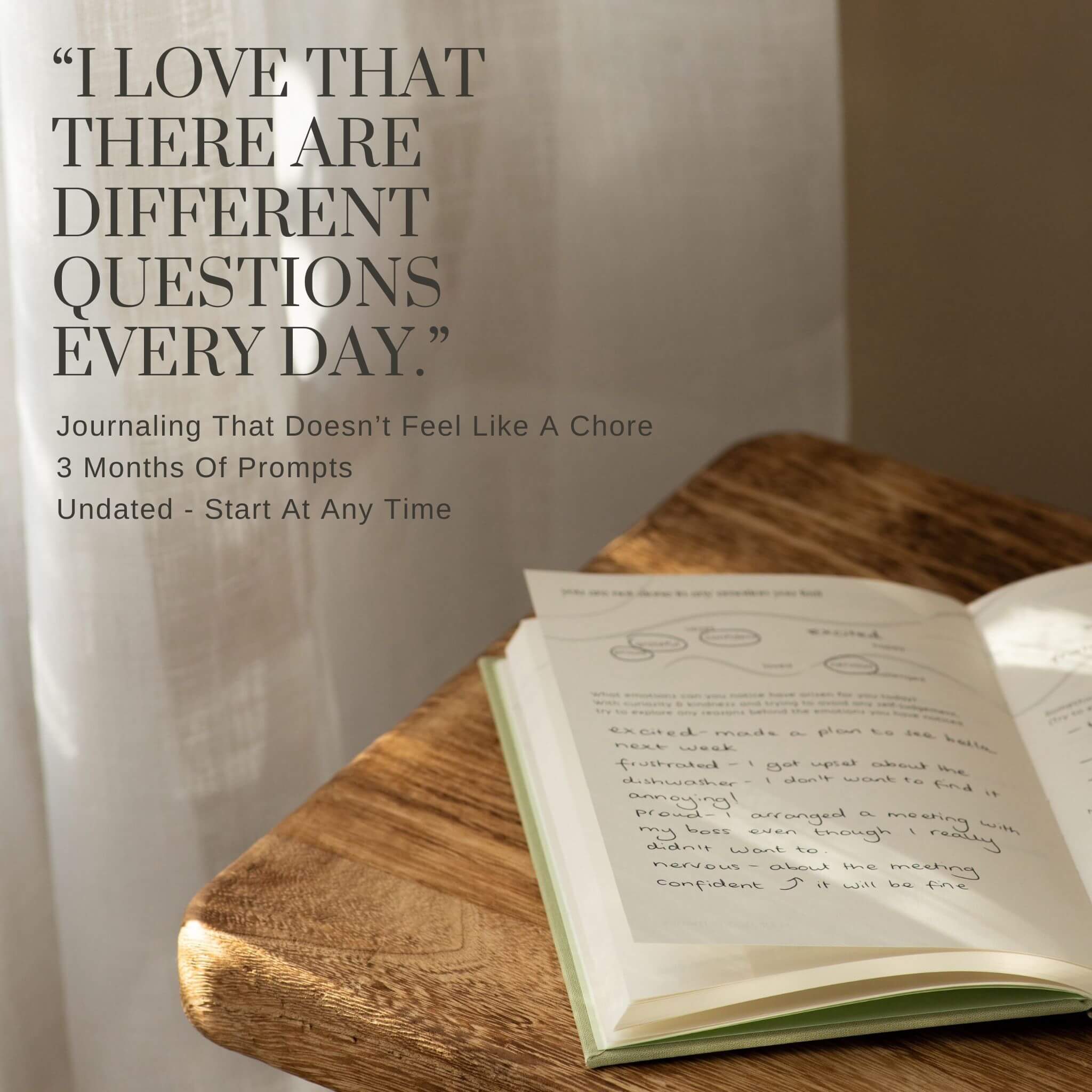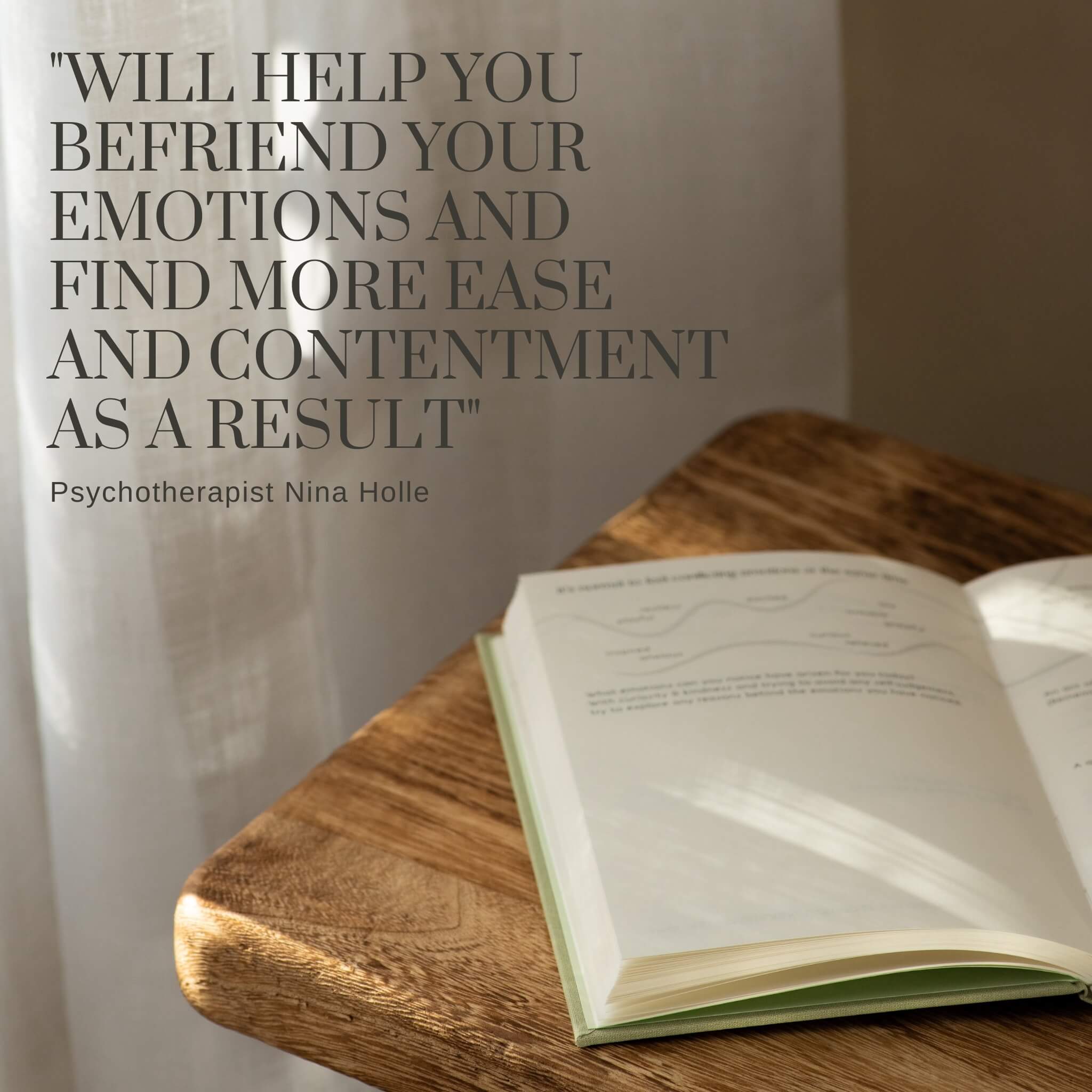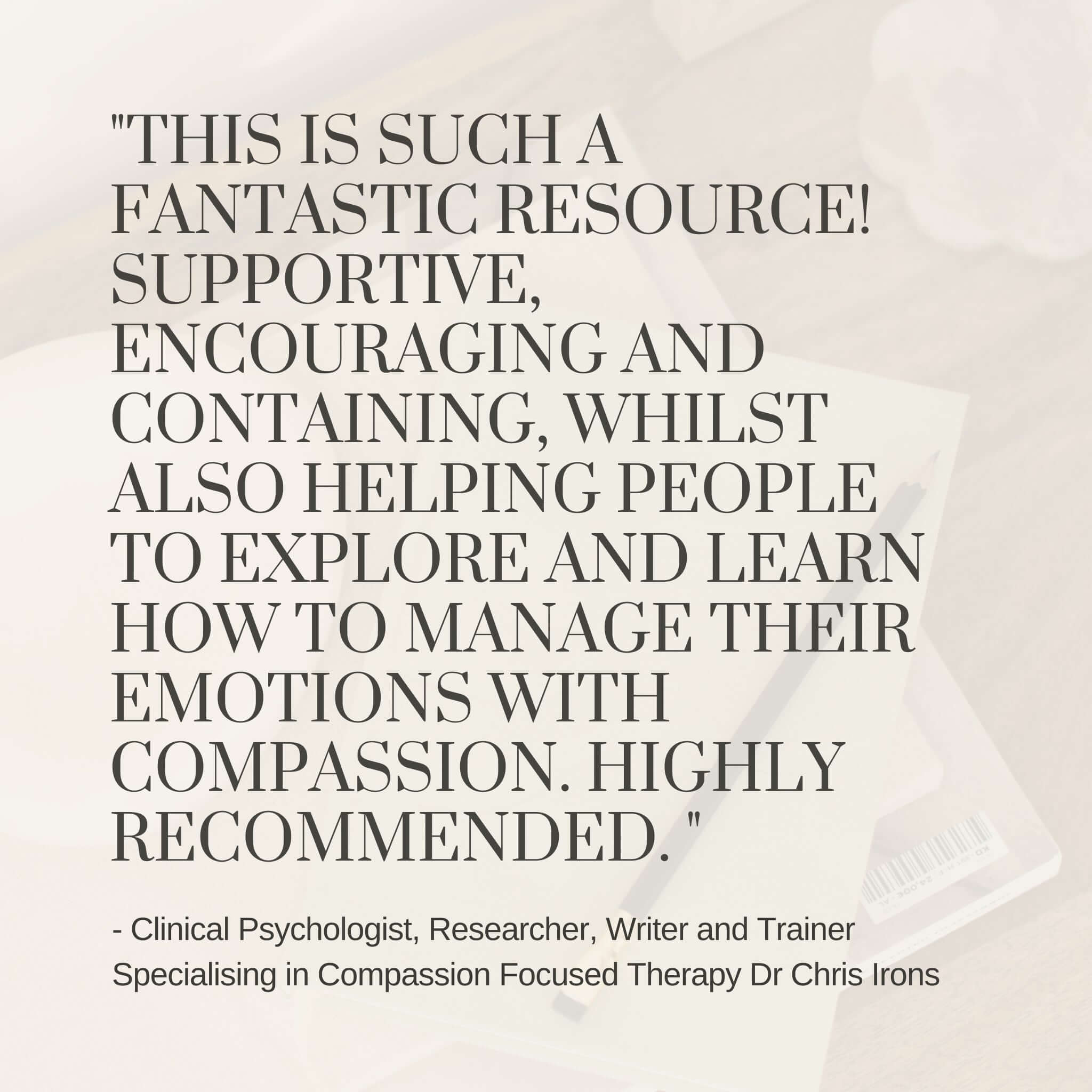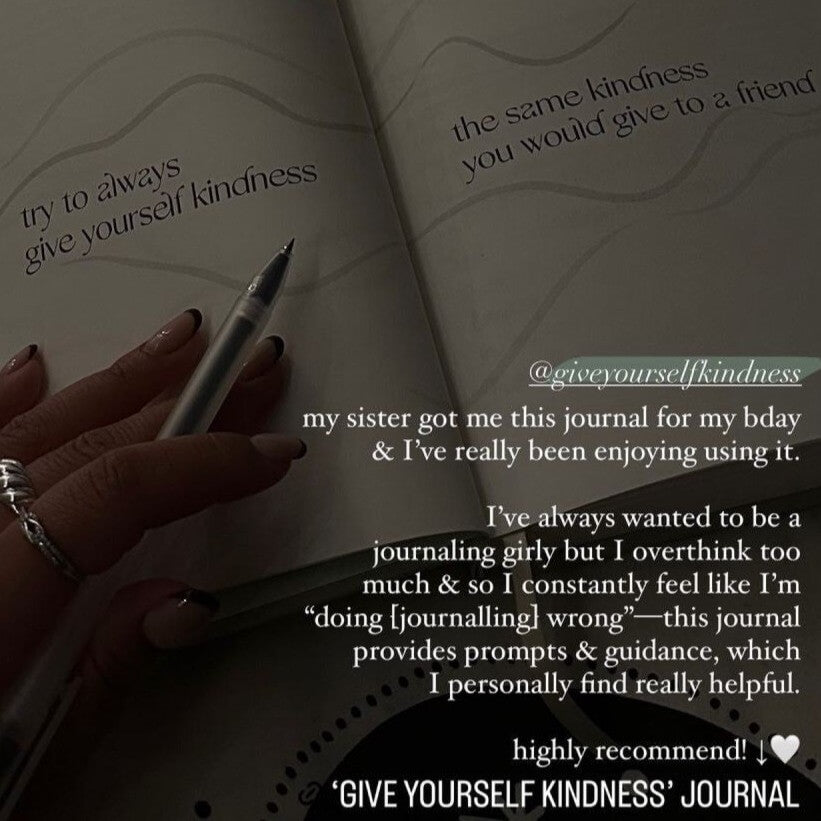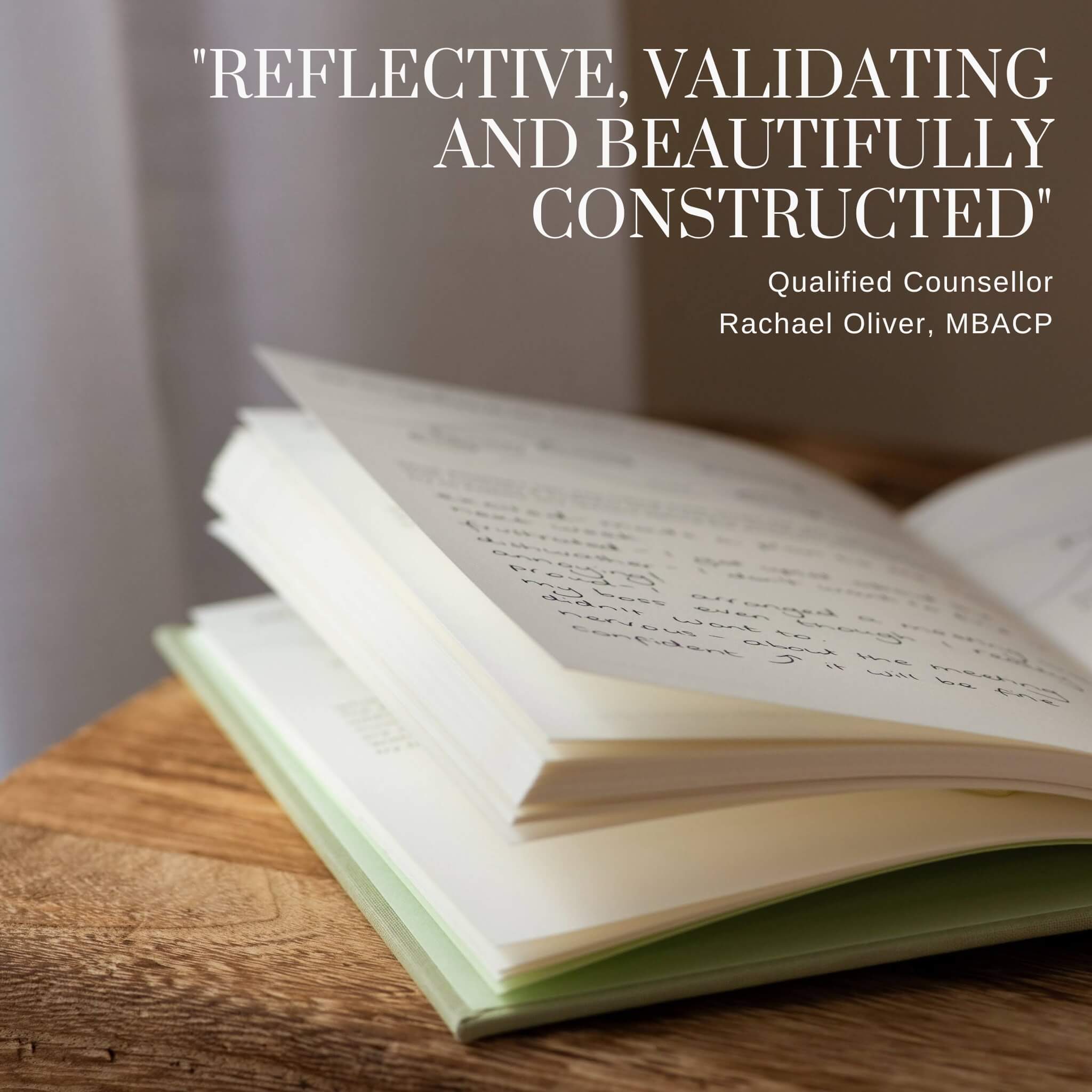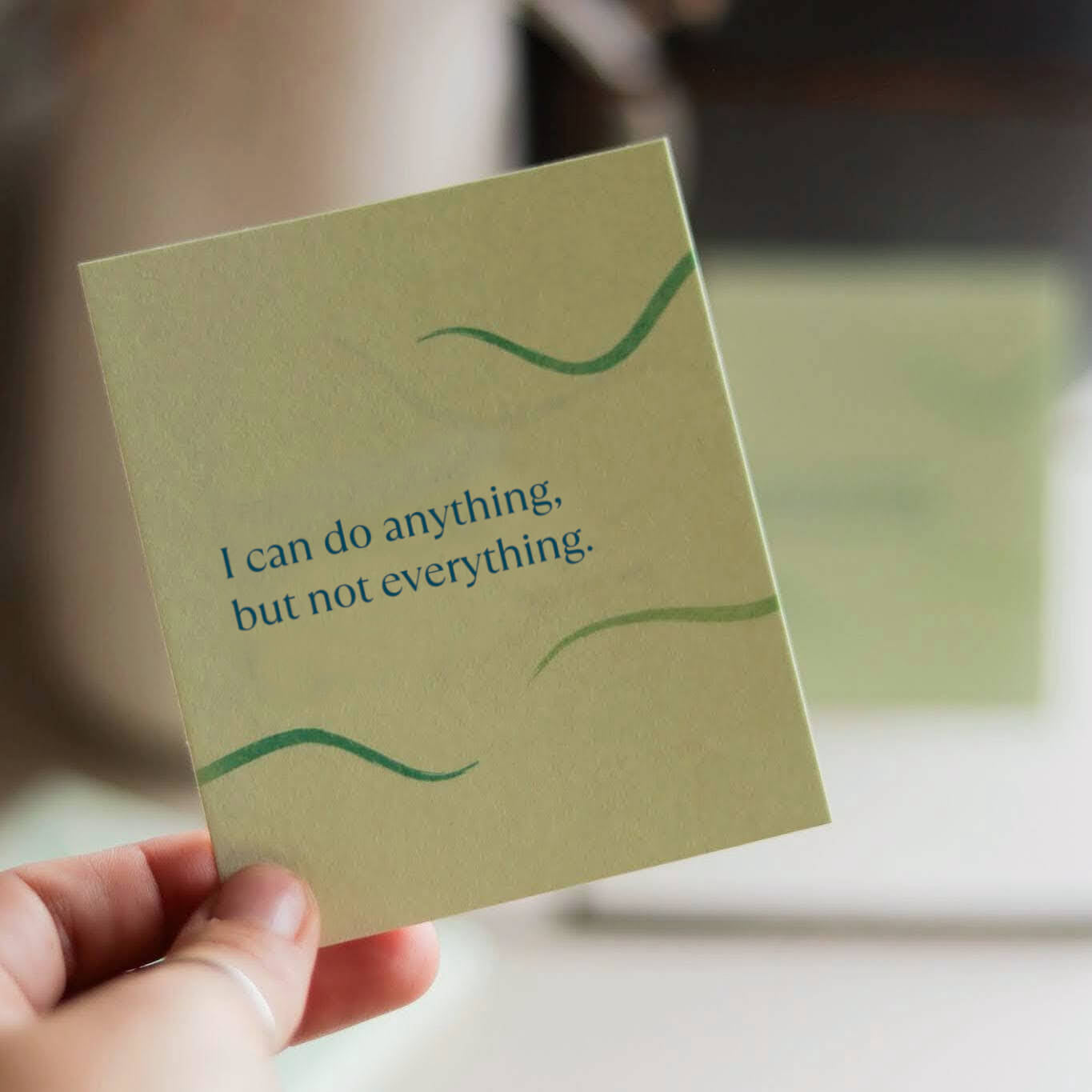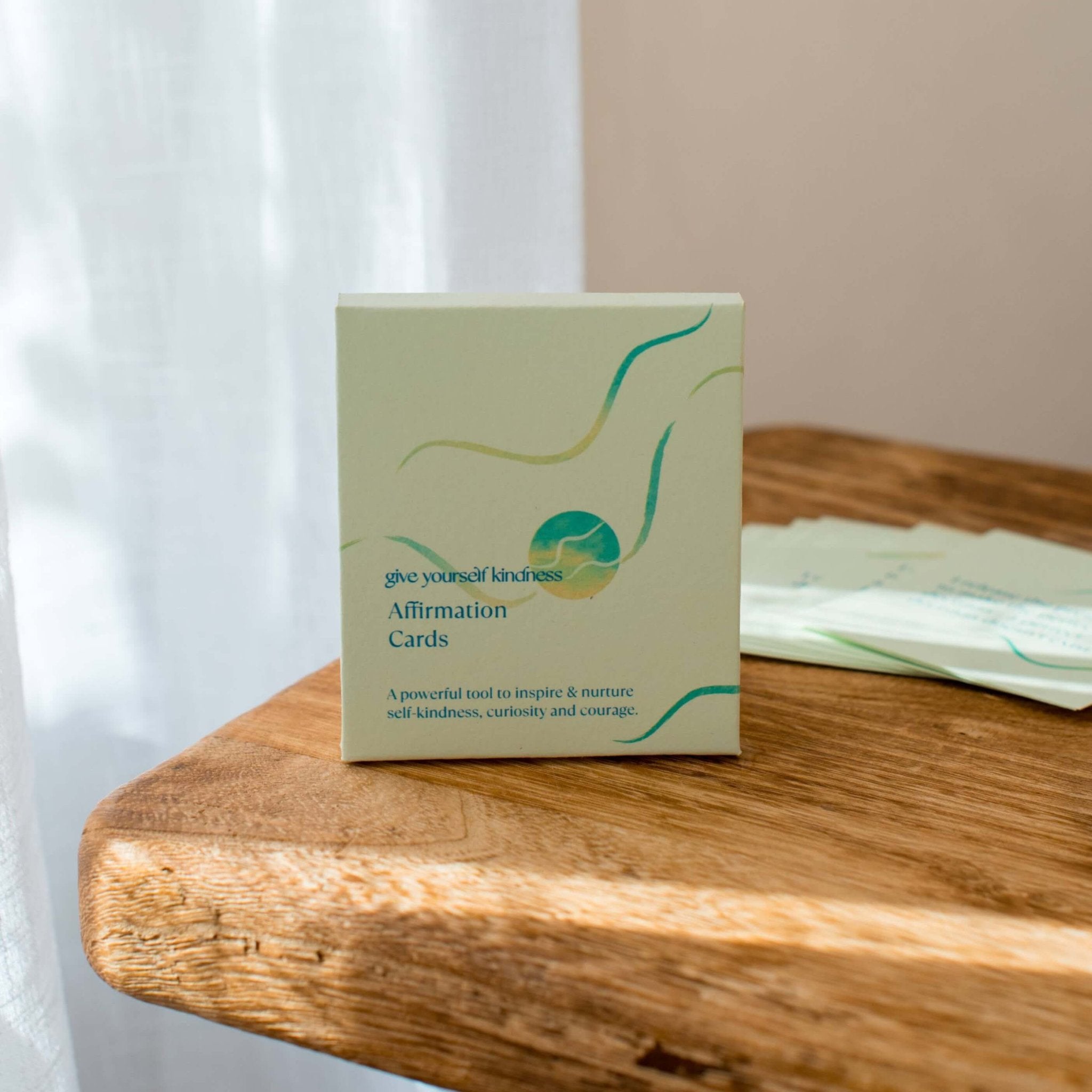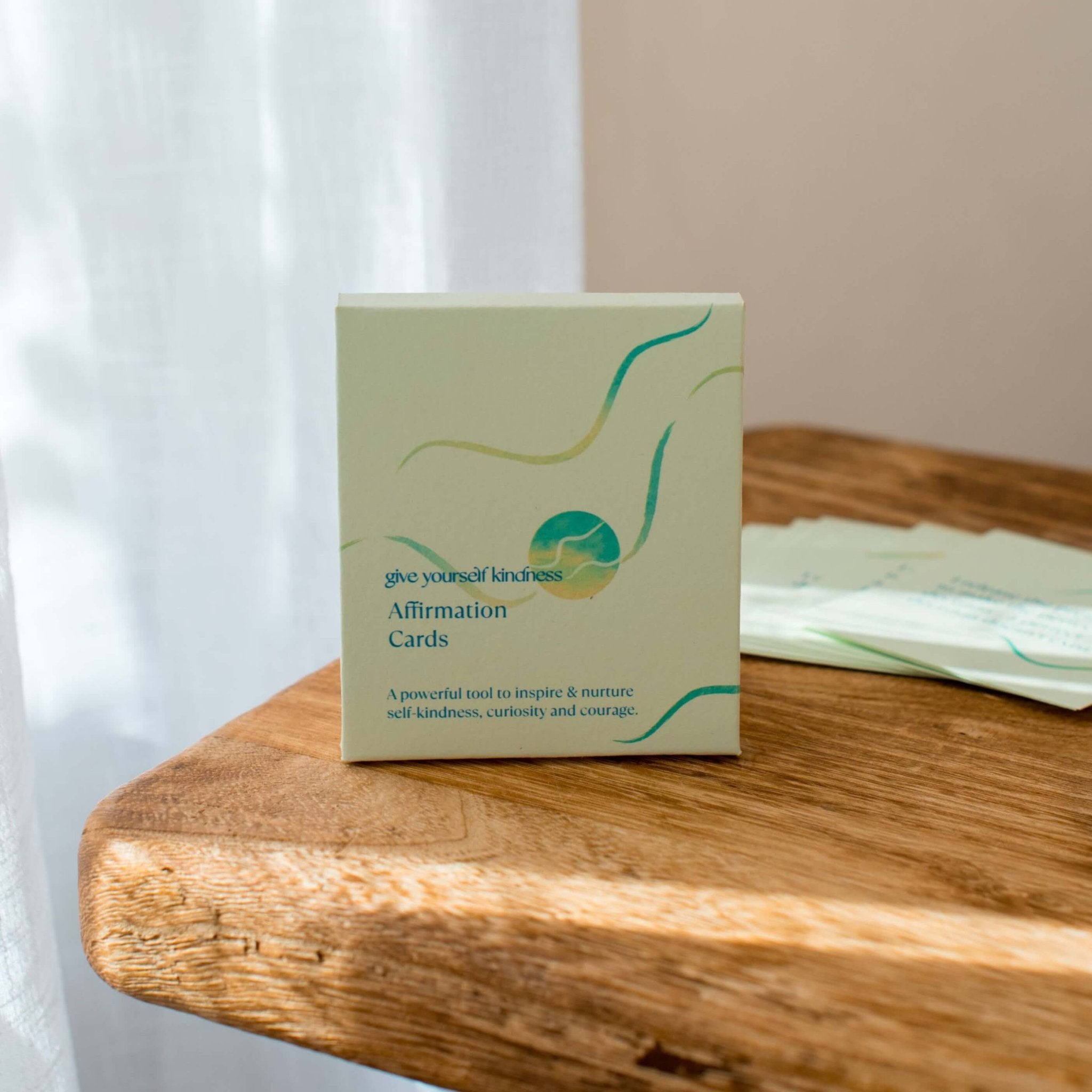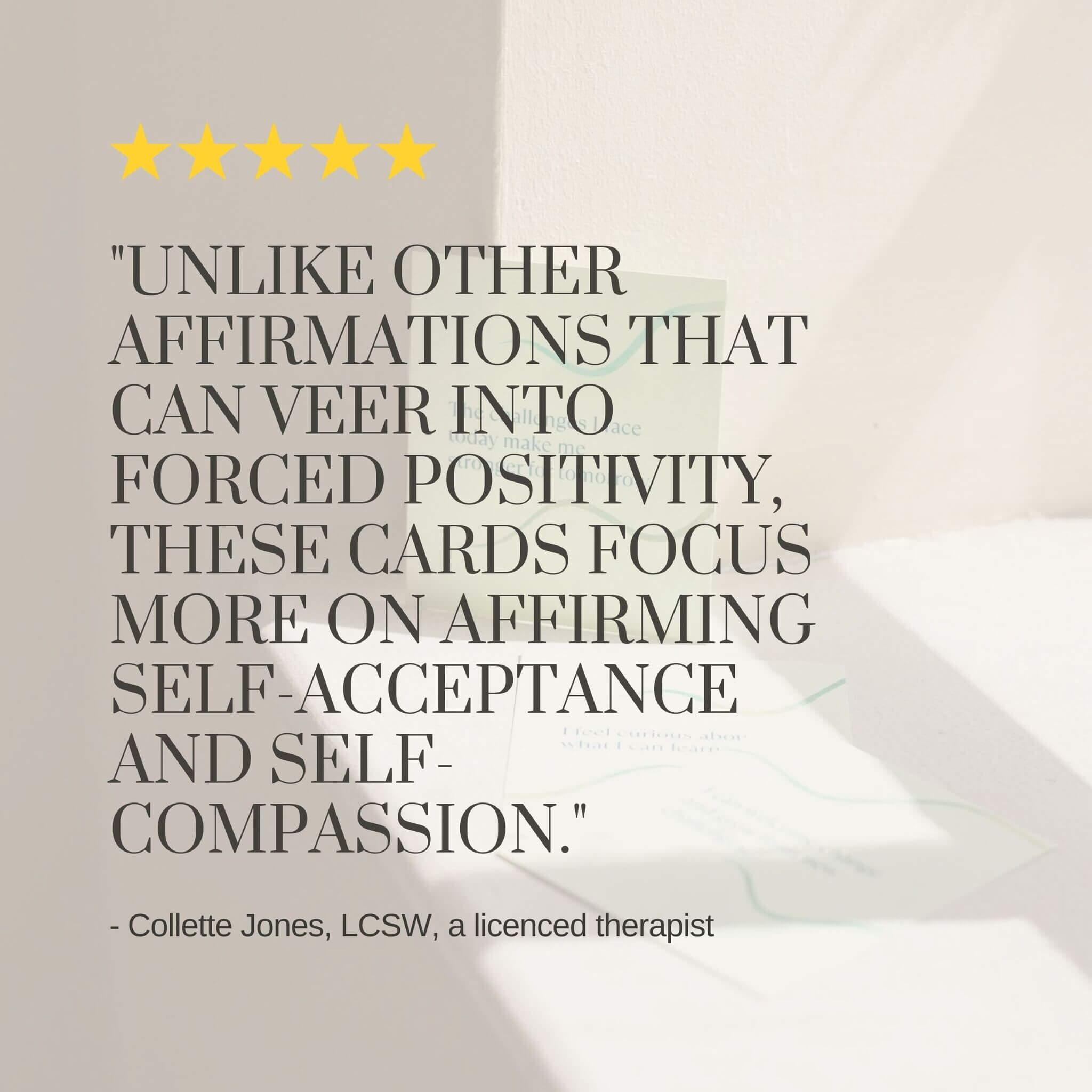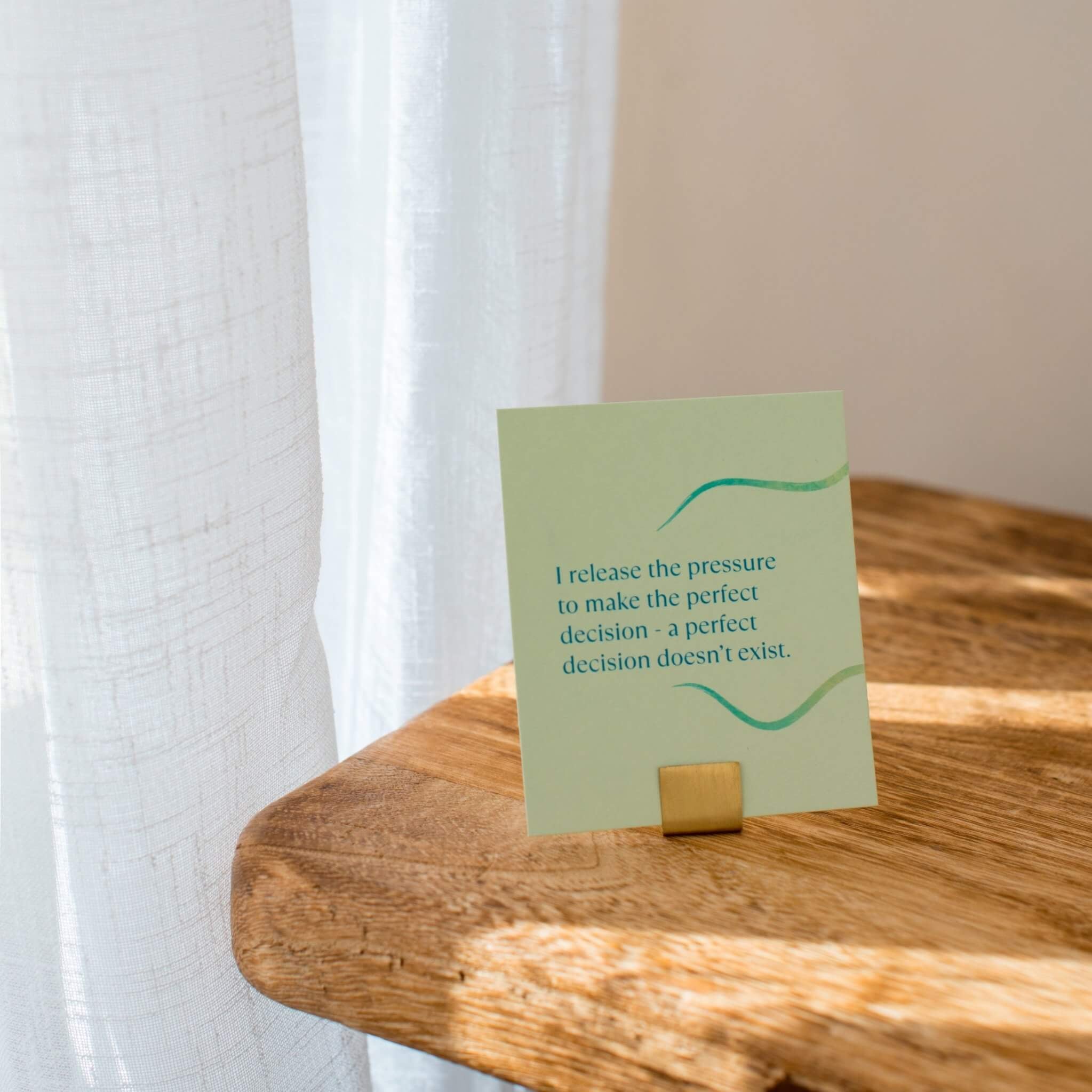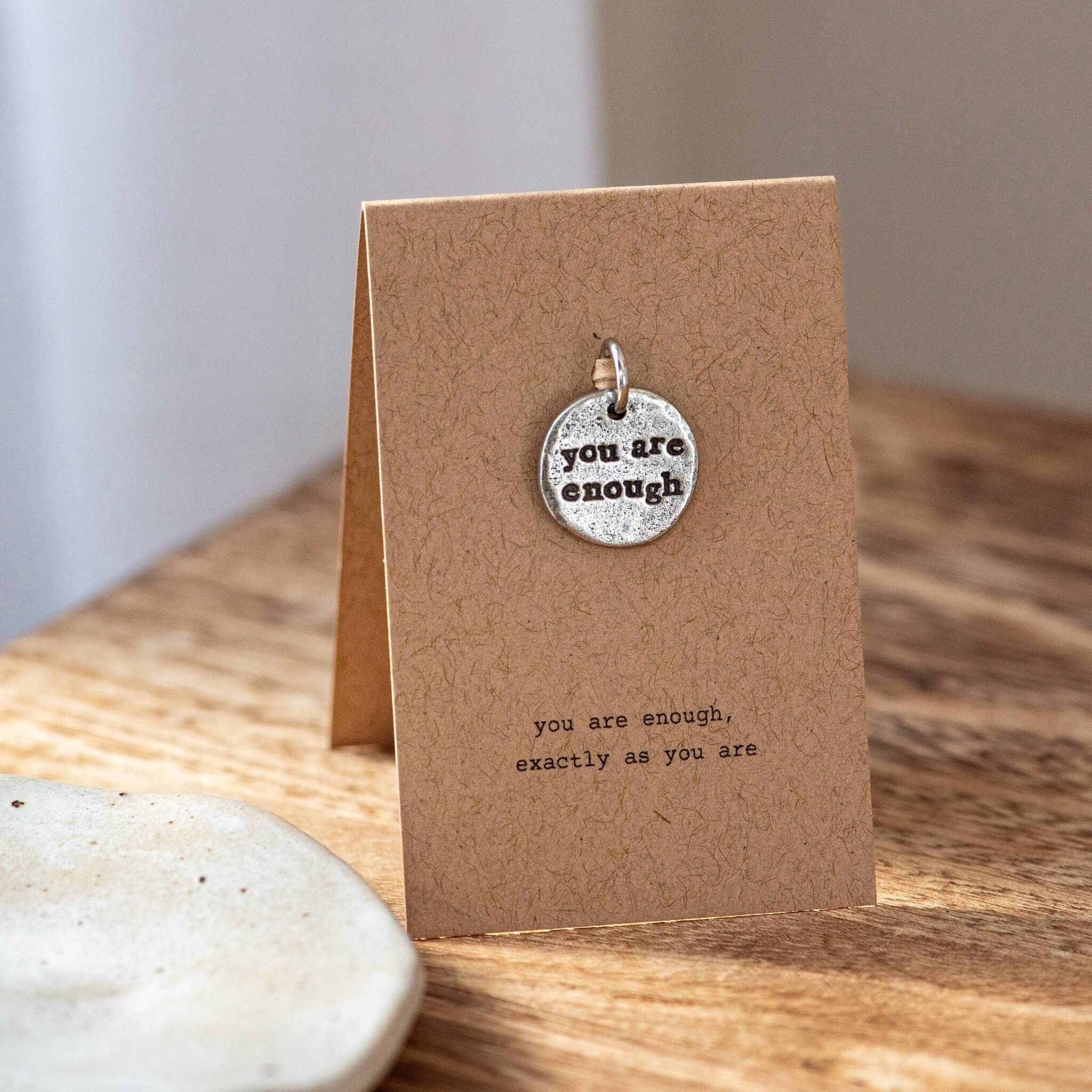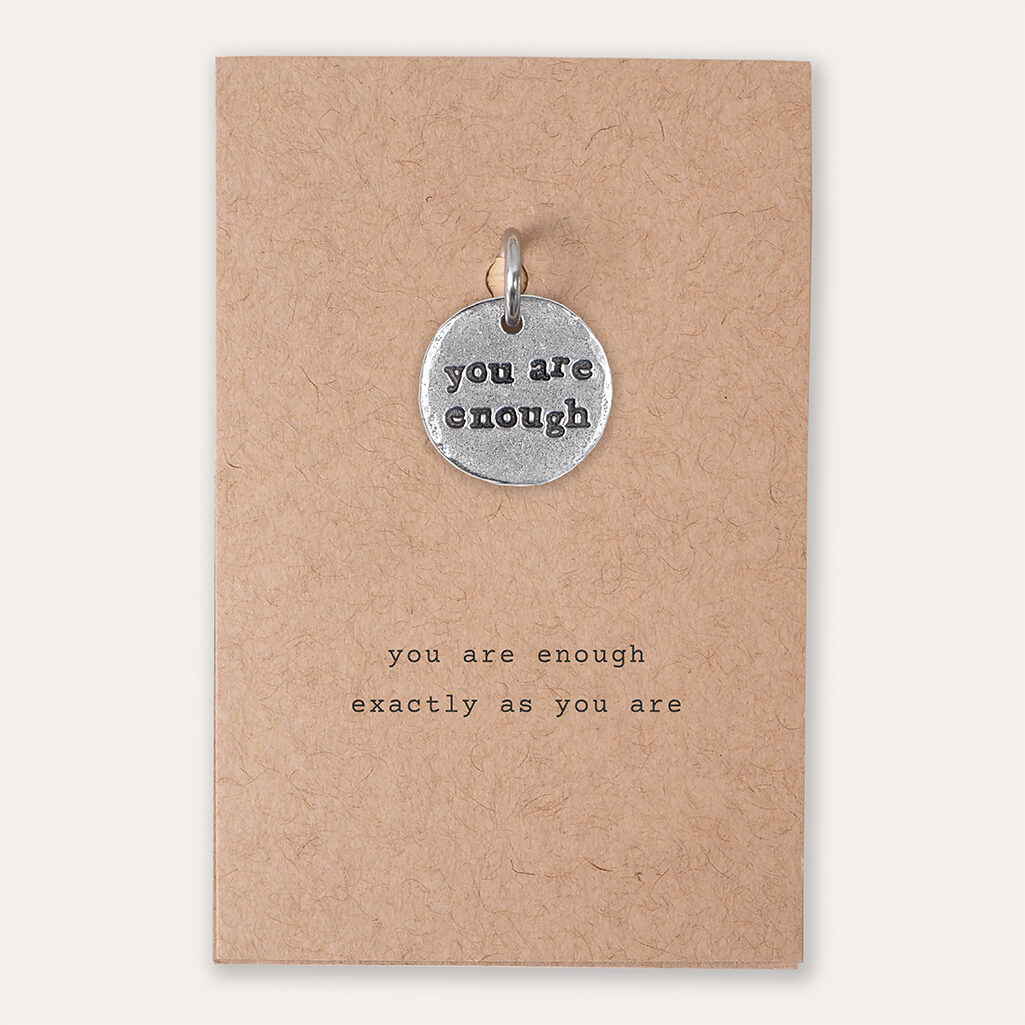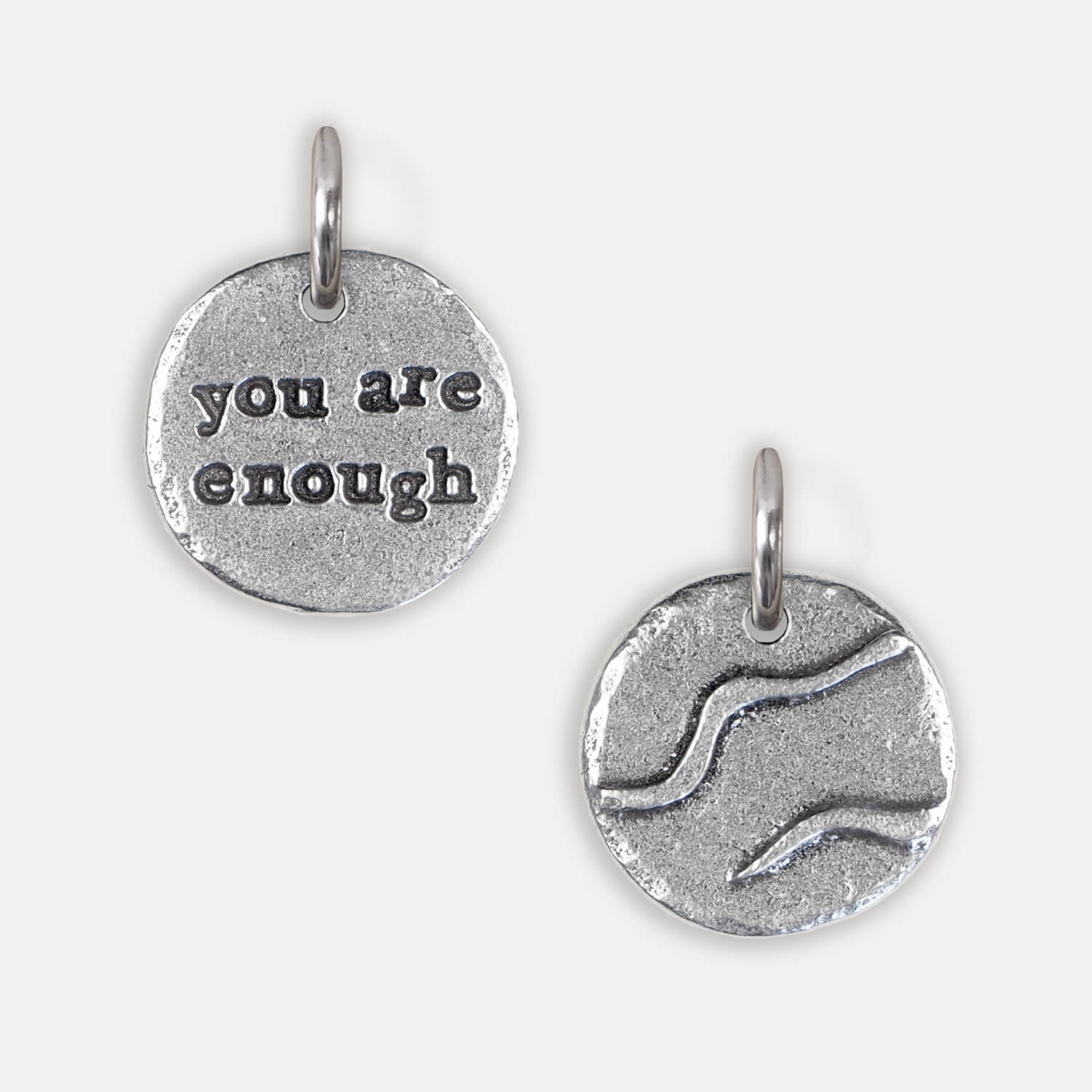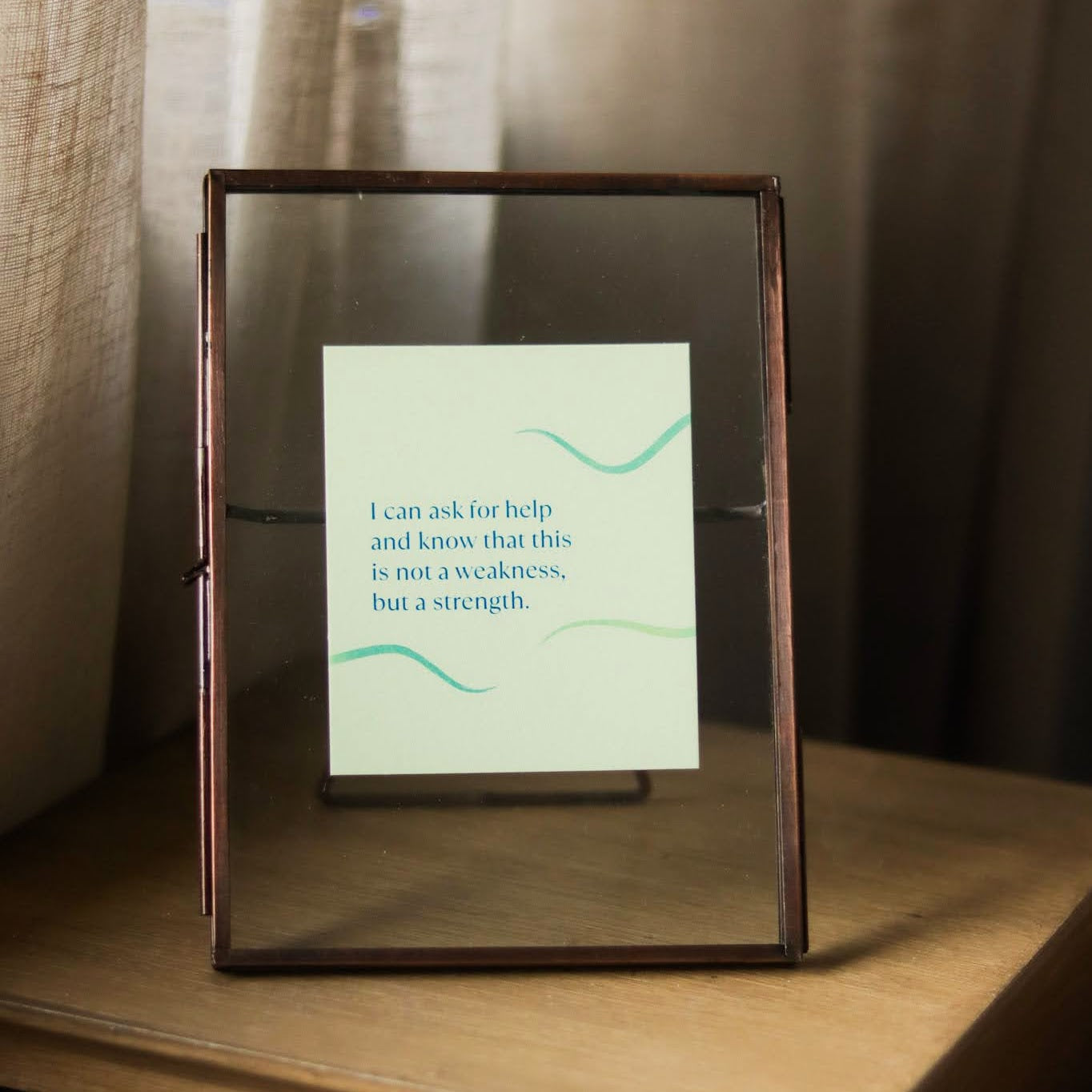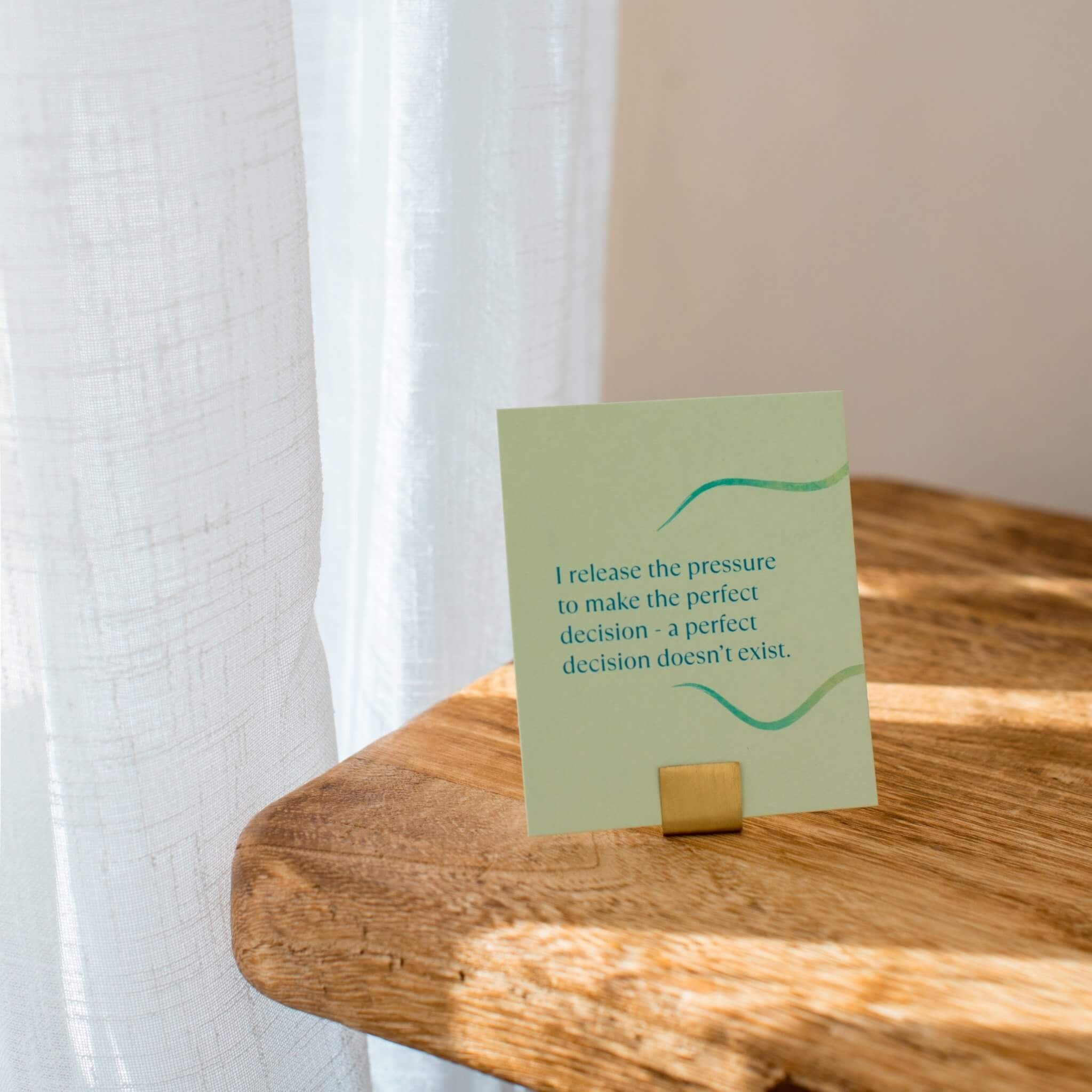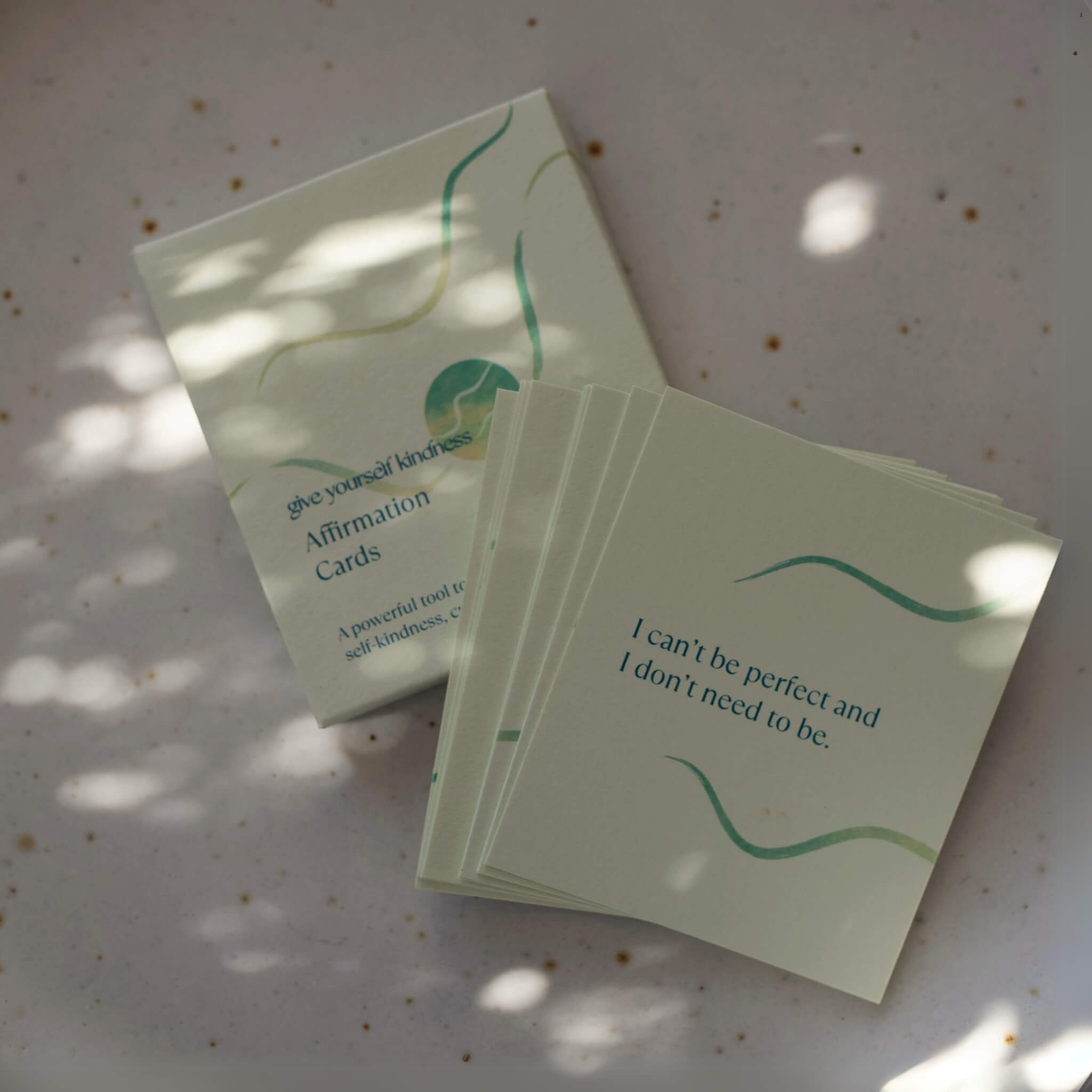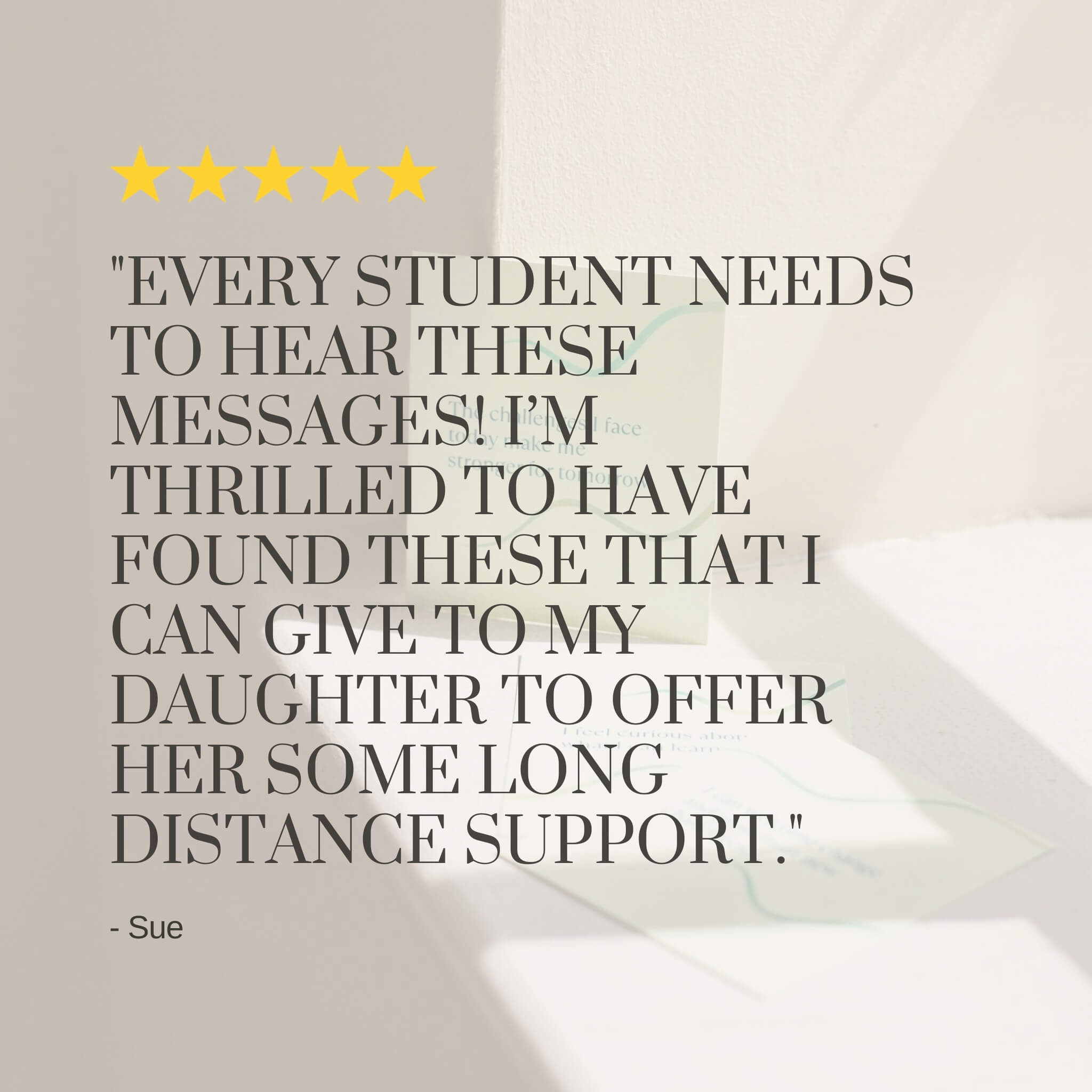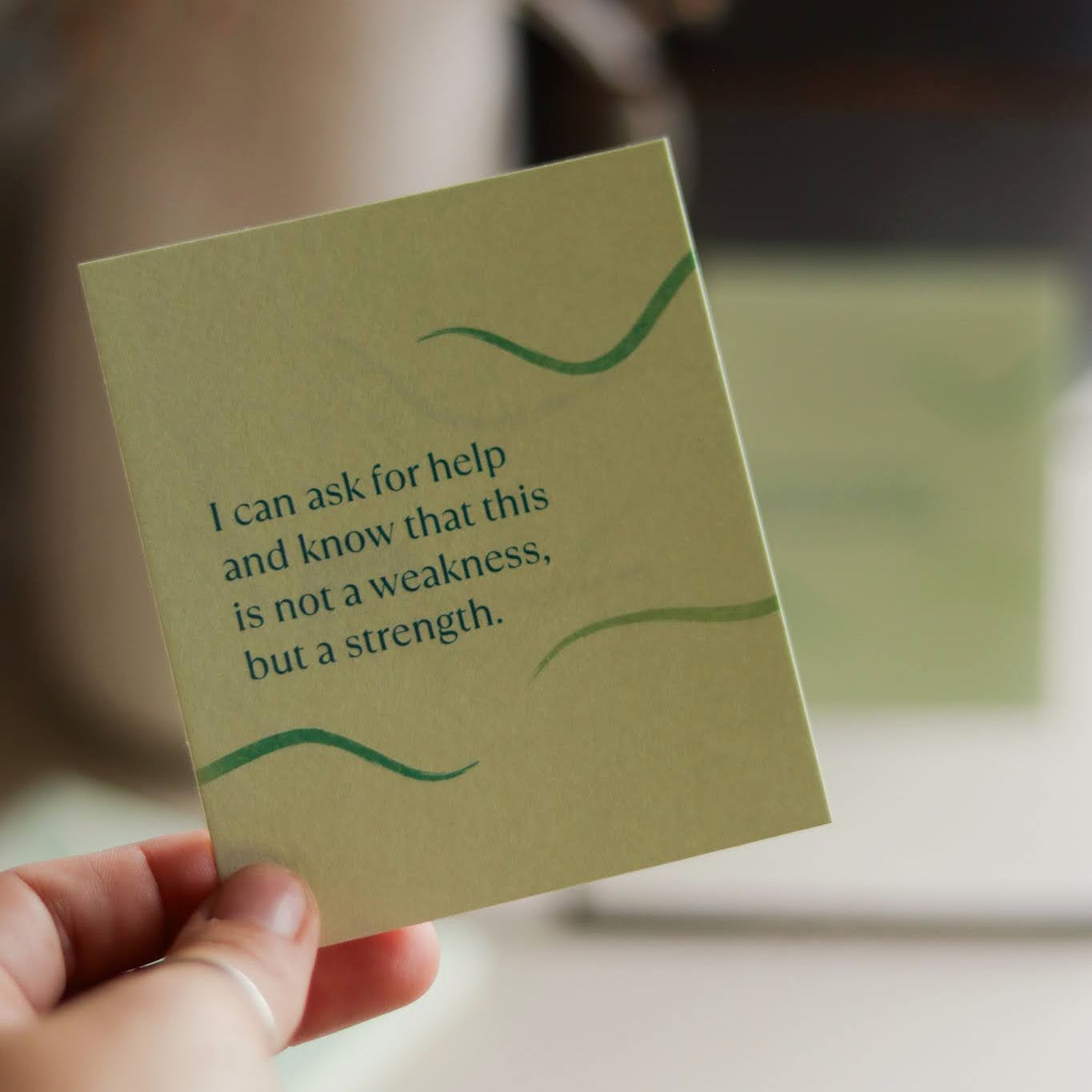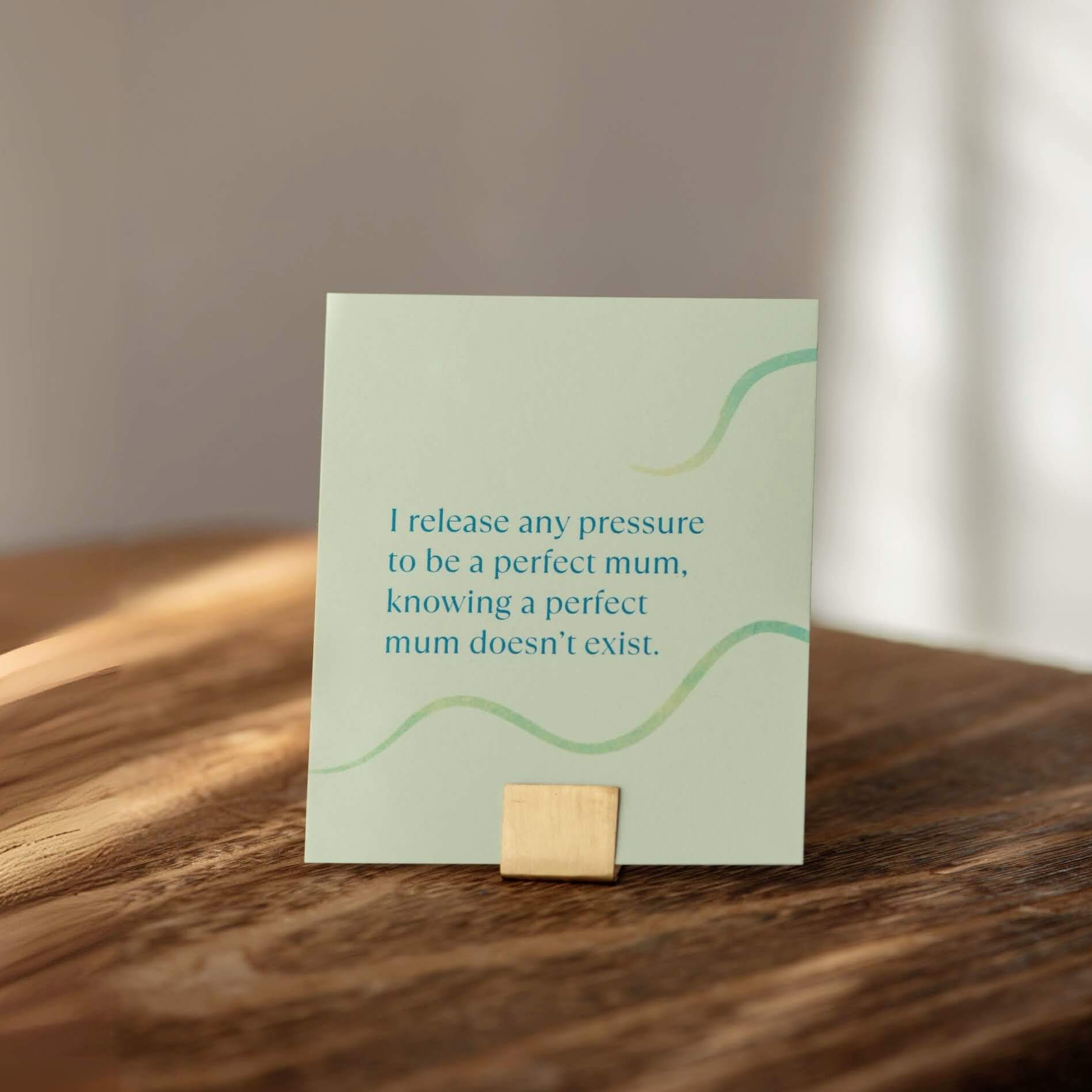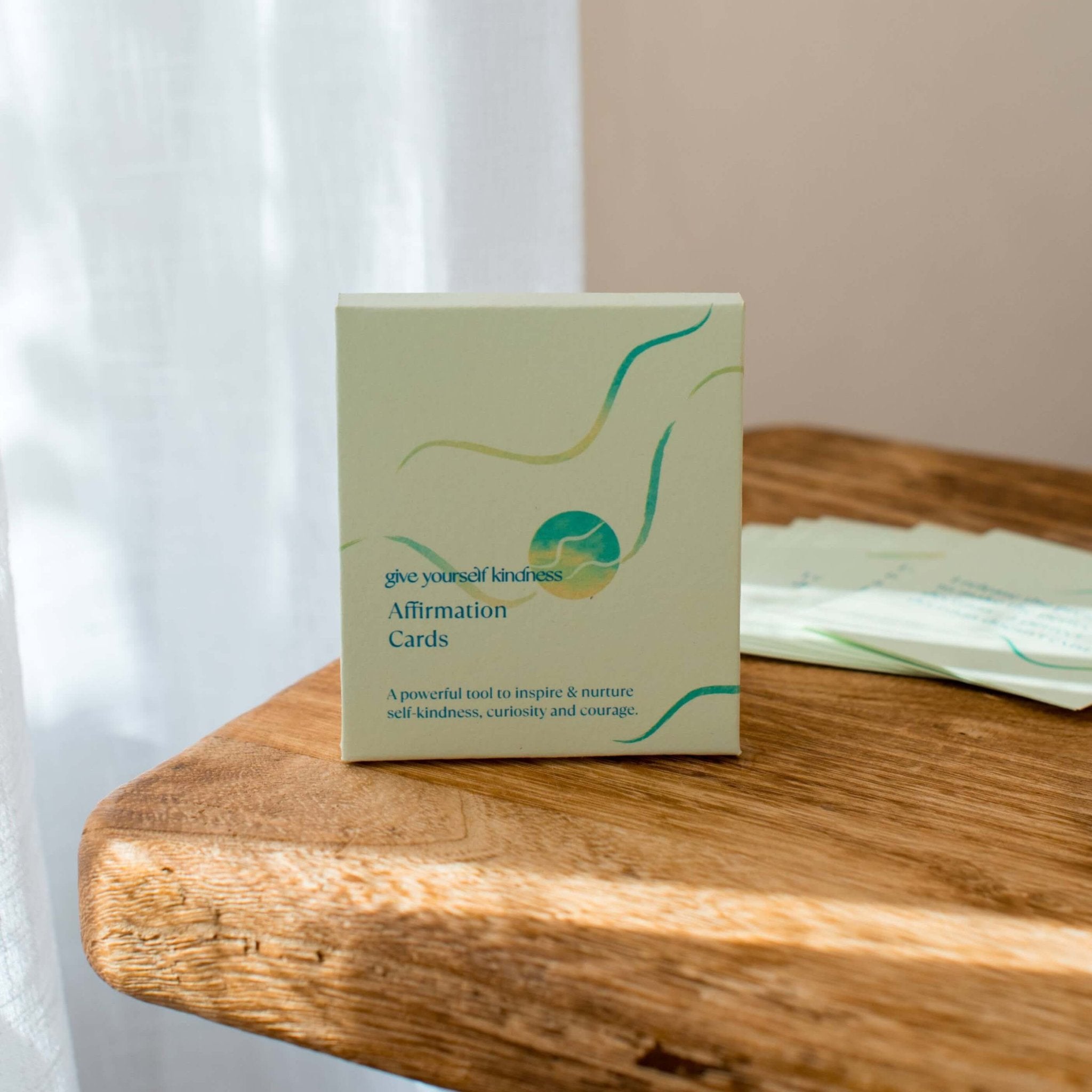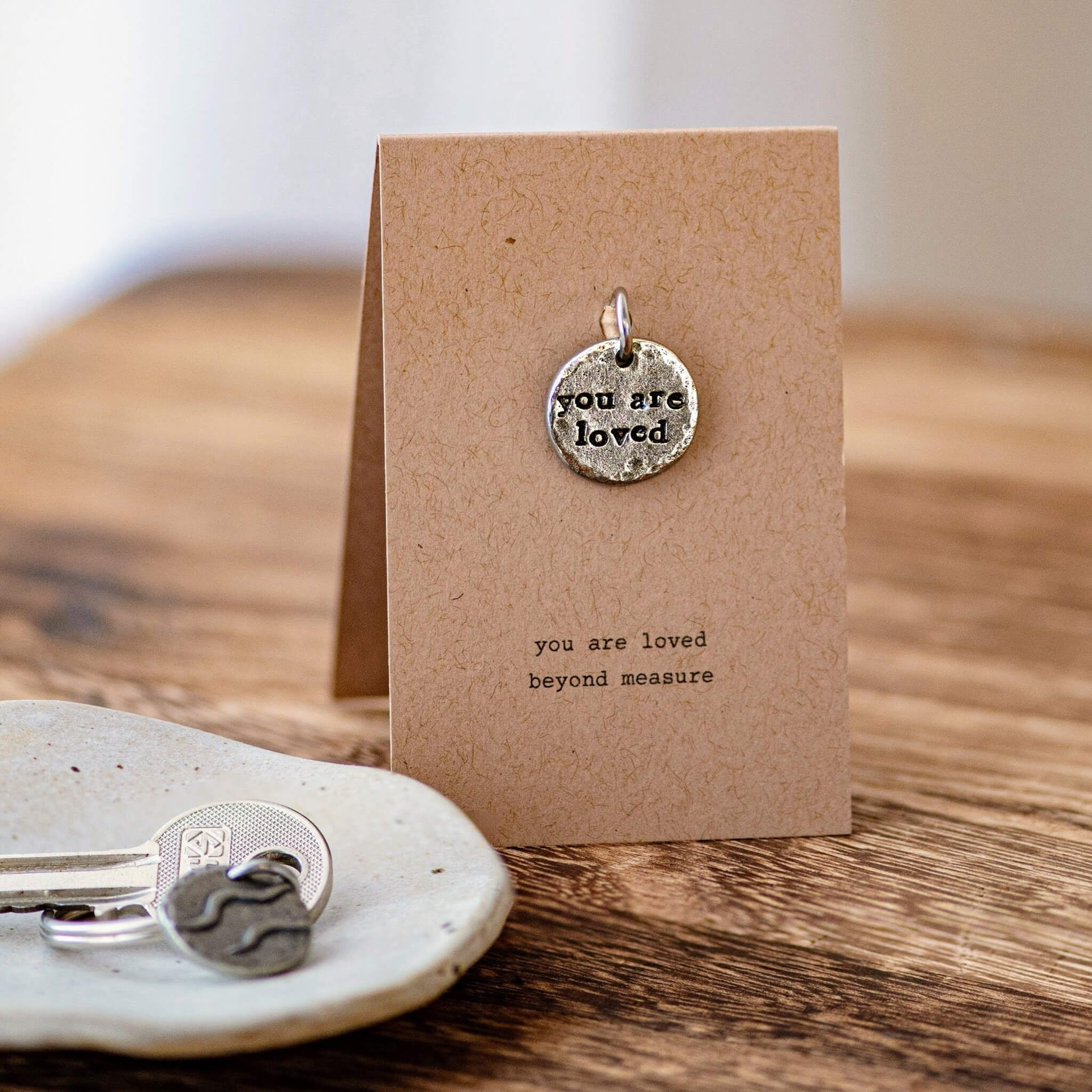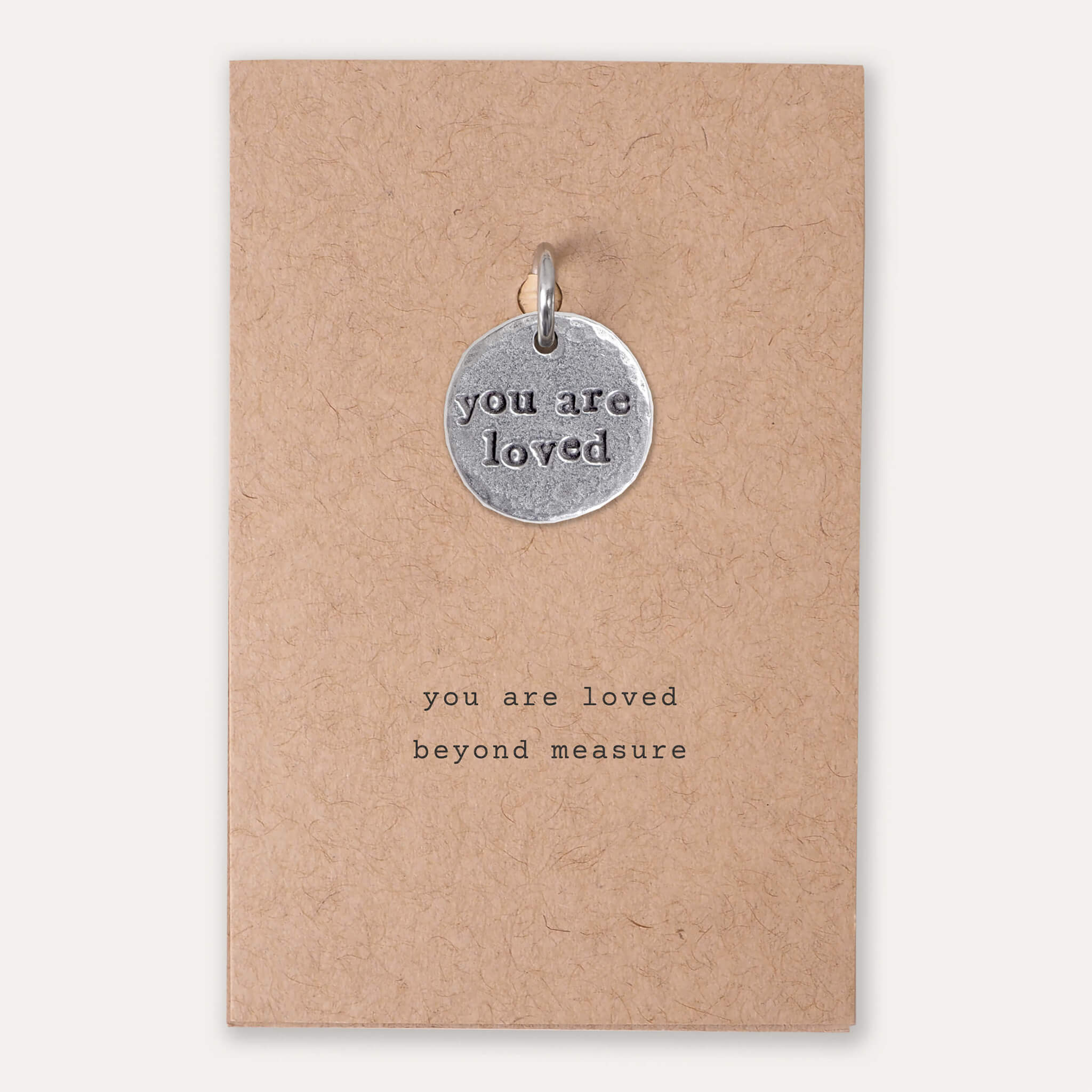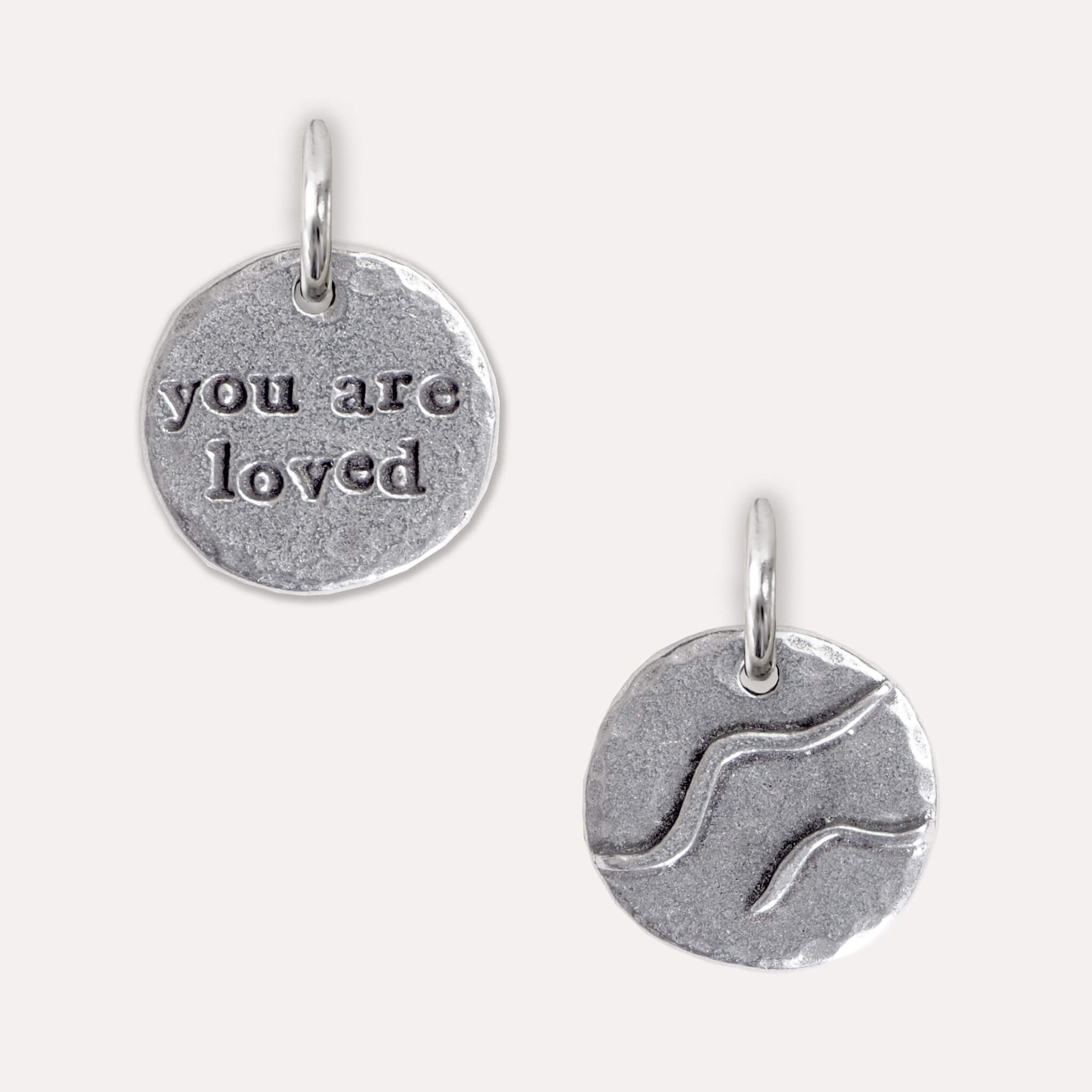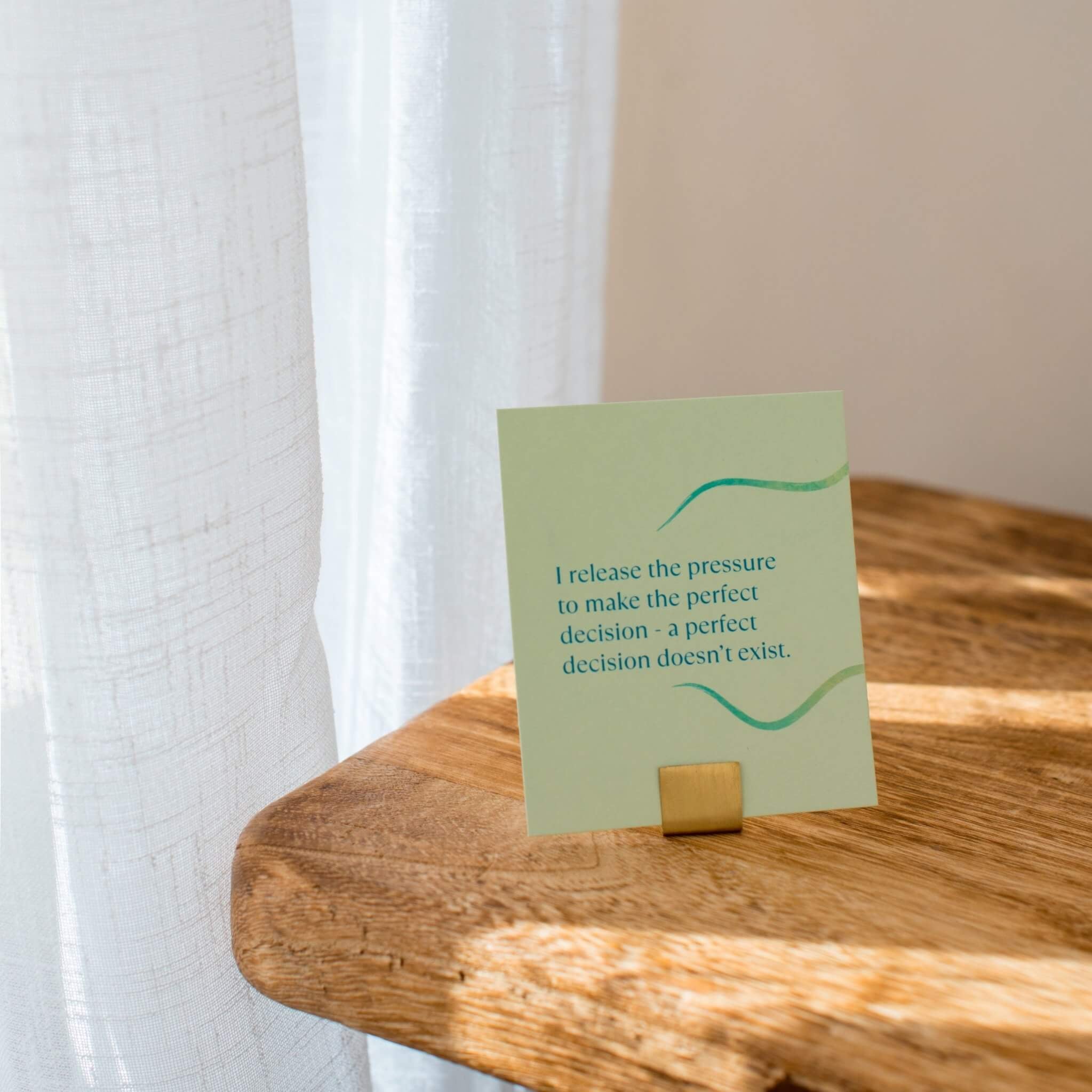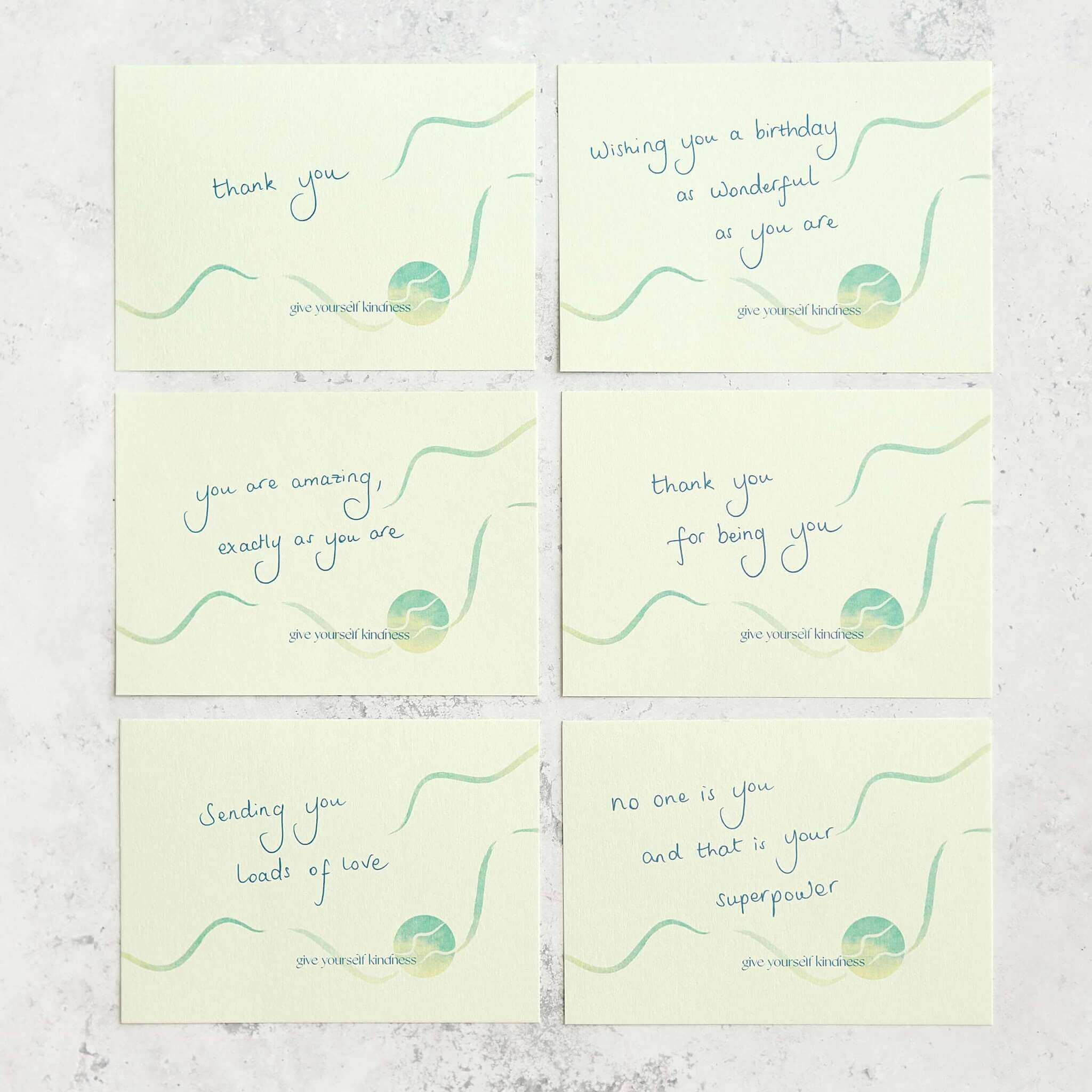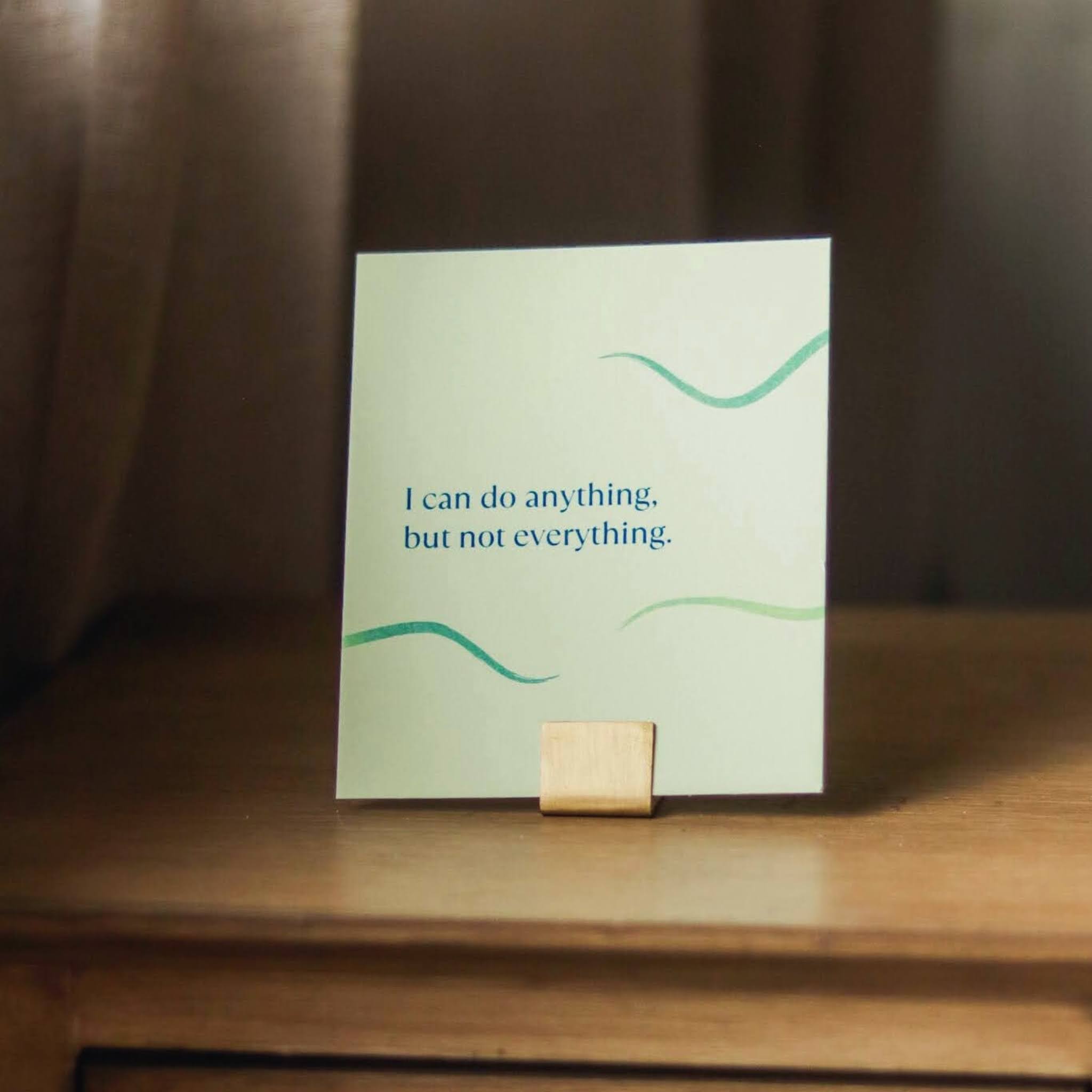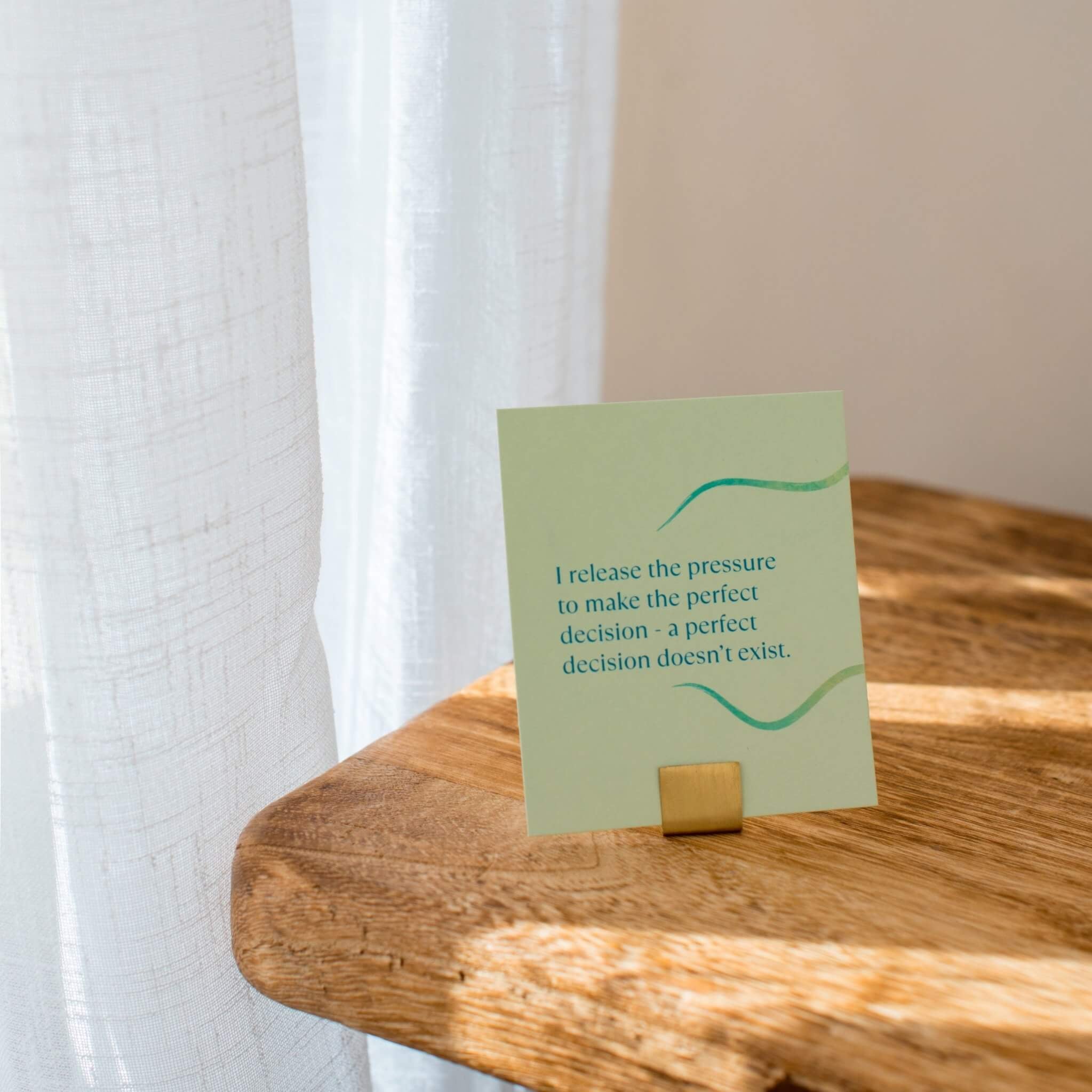written by Kristin Neff, PhD an Associate Professor of Educational Psychology at The University of Texas at Austin. She developed a theory and created a scale to measure self-compassion more than 20 years ago. Dr. Neff has written numerous academic articles and book chapters on the topic and has been recognized as one of the most influential scholars in the field of psychology.
Forgiveness comes in its own time and shouldn't be rushed
Think of someone you've harbored anger and resentment toward for a long while, and whom you now want to forgive. If you don't feel ready to forgive yet, don't.
Forgiveness comes in its own time and shouldn't be rushed. But when you are ready, one of the best ways to forgive someone is to recognize the causes and conditions leading the person to act as they did.
'one of the best ways to forgive someone is to recognize the causes and conditions leading the person to act as they did'
Our thoughts, emotions, and behaviors are the product of innumerable interconnected factors, many of which are outside of our control. Understanding interconnectedness can therefore help facilitate the process of forgiveness.
1.
When considering the person's harmful actions, see if you can identify any precipitating factors or events.
Was the person feeling fear, confusion, lust, anger, or other powerful emotions?
Was the person having a stressful life experience, like financial insecurity or some other setback?
What demons might the person have been dealing with?
2.
Now consider why the person didn't stop themselves anyway. Clearly, the factors necessary to enable self-control (emotional maturity, empathy, ability to delay gratification, etc.) weren't present.
Why not?
Did the person have poor role models growing up, so that he or she developed these skills?
3.
If it comes down to the fact that this person was just plain mean or selfish ―think about what could have created this personality type.
Insecure attachment, social isolation, life history, genetically inherited traits?
4.
Once you have a better understanding of the causes and conditions leading this person to act as he or she did, see if it's a bit easier to let go of your anger and resentment.
This was a limited, fallible human being, and humans sometimes act in ways they shouldn't.
Can you forgive this person?
'doesn't necessarily mean you should interact with this person again'
Doing so doesn't necessarily mean you should interact with this person again. It may not be wise. But by freeing yourself from the corrosive effects of anger and blame, you'll help create more peace and contentment in your own mind.
'help create more peace and contentment in your own mind'
This is an excerpt from Self-Compassion: The Proven Power of Being Kind to Yourself by Kristin Neff, PhD (Hodder & Stoughton) approved exclusively to be shared on Give Yourself Kindness.

Kristin Neff, PhD, is an Associate Professor of Educational Psychology at The University of Texas at Austin. She developed a theory and created a scale to measure self-compassion more than 20 years ago. Dr. Neff has written numerous academic articles and book chapters on the topic and has been recognized as one of the most influential scholars in the field of psychology. Well over 5000 studies have been conducted on self-compassion by various scholars since her seminal articles were first published in 2003.
In addition to her academic work, Dr. Neff is author of the books Self-Compassion: The Proven Power of Being Kind to Yourself, and Fierce Self-Compassion: How Women can Harness Kindness to Speak Up, Claim Their Power and Thrive.
In conjunction with her colleague Dr. Chris Germer, she developed an empirically supported training program called Mindful Self-Compassion and co-founded the nonprofit Center for Mindful Self-Compassion, which offers self-compassion training in a variety of formats. Drs. Neff and Germer co-authored The Mindful Self-Compassion Workbook , Teaching the Mindful Self-Compassion Program: A Guide for Professionals, and in fall 2024 their latest book was published, Mindful Self-Compassion for Burnout: Tools to Help You Heal and Recharge When You’re Wrung Out by Stress.














